VolcanoCamp 2024
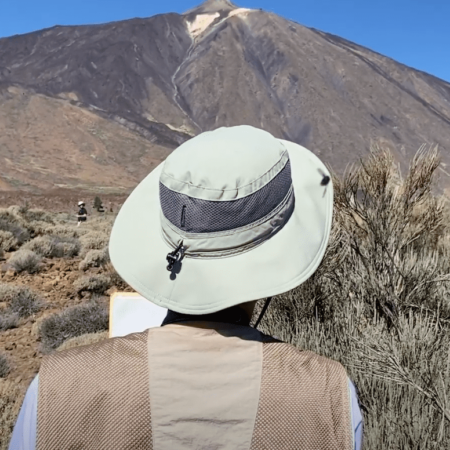
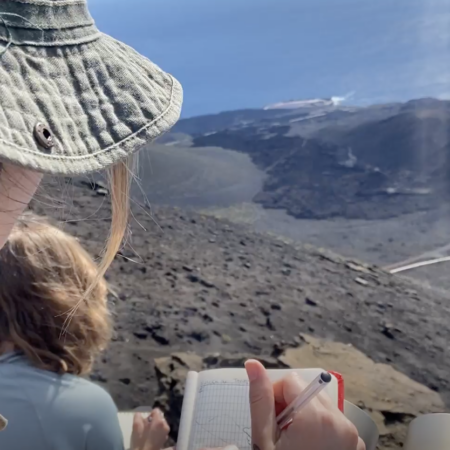
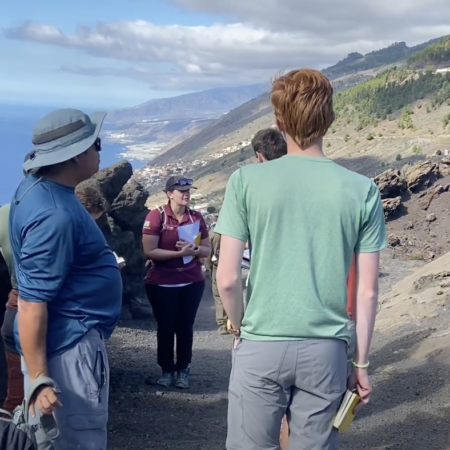
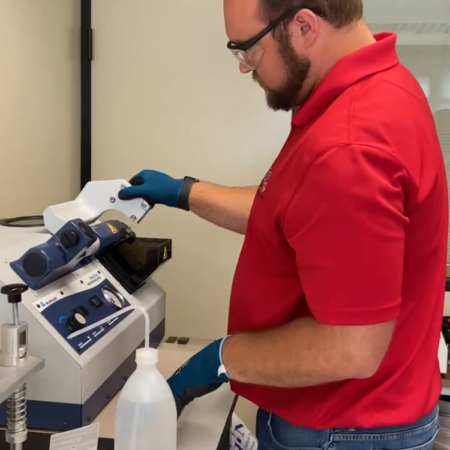
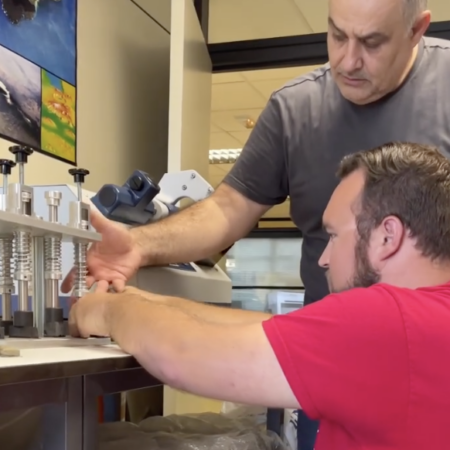
Dr Katy Chamberlain has collaborated with GeoTenerife in the organisation, teaching and research of our 2022 VolcanoCamp and GeoIntern programmes. In collaboration with colleagues both in the Canary Islands and the UK, Katy has facilitated the start of systematic vegetation surveys around La Palma, with a particular focus on the areas of historical eruptions and the areas affected by the eruption in 2021.
She is a volcanologist and petrologist who studies how crystals can tell us about the pre-and-syn-eruptive magmatic processes that lead to eruptions of magma. By combining detailed study of the composition and textures of crystals erupted in volcanic events with detailed observations of the deposits we can couple eruptive changes with subsurface magma system dynamics.
She was PI of a NERC-funded urgency grant working on the petrology of the 2021 Cumbre Vieja eruption on La Palma, where they are investigating how the magmas erupted and evolved throughout the 3-month-long eruption.
Hannah began co-leading GeoTenerife’s science communication training in 2021 and draws on her wealth of experience and innate enthusiasm for the topic to deliver captivating lectures to our students. The science communication training with Hannah and Andy hope to prepare students for any future science communication challenges and hopes to ensure that the students have the best strategies for clearly communicating scientific concepts, whether that is in industry, teaching, academia or elsewhere.
Her research interests are digital communication, linguistic and cultural evolution, experimental methods and data analysis. Before going into academia, Hannah worked in science communication professionally. She worked full time co-ordinating the STEM Ambassador programme and the Nuffield Research Placements in the North East of England. Since then, she has facilitated science communication training with many organisations including the British Council, the UK Environment Agency and “I’m a scientist, get me out of here!”